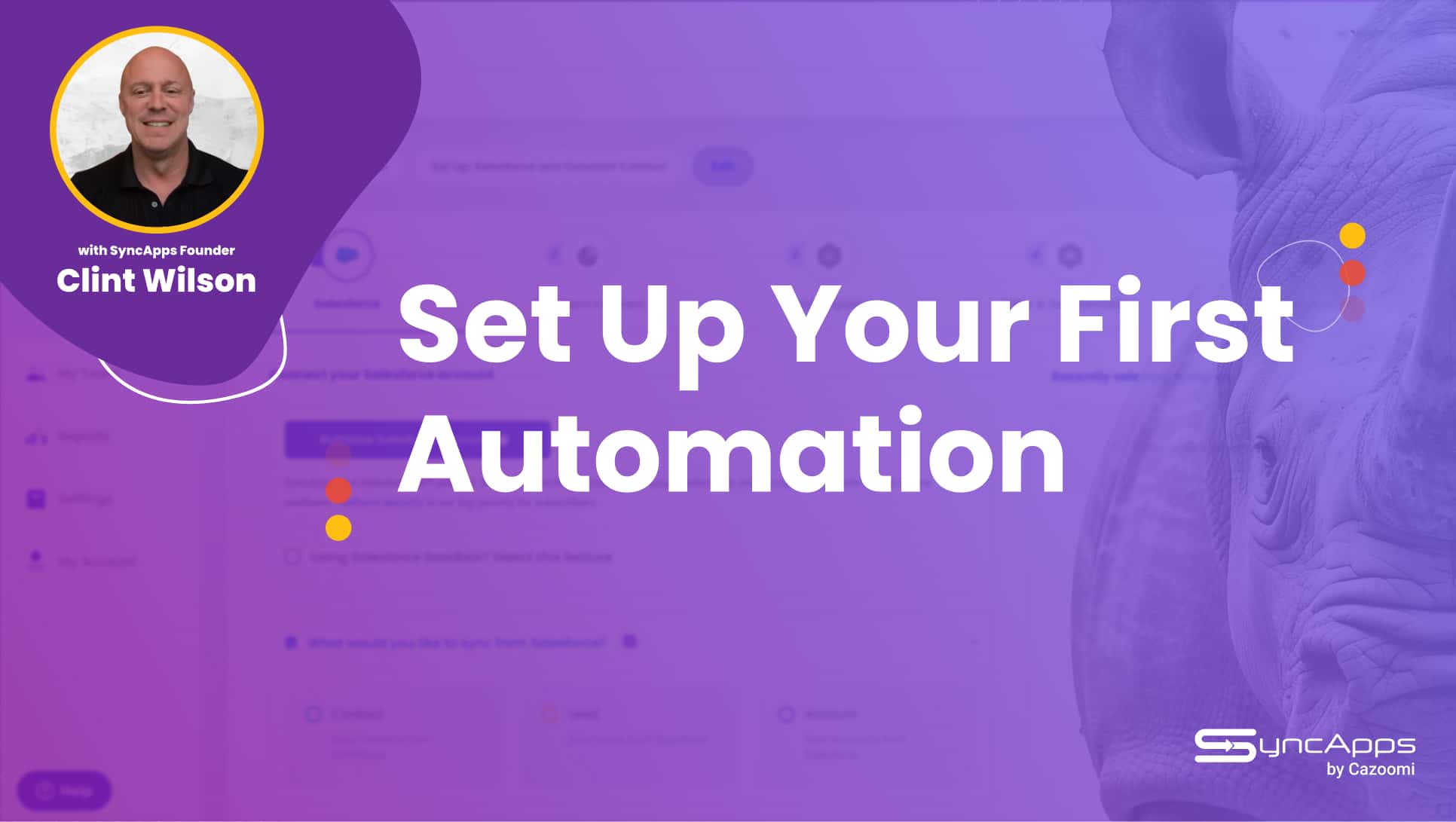
We no longer have to talk about how hard it is to be a marketer or a business owner during the pandemic, do we? Of course, it wasn’t a walk in the park before that, either.
New marketing technologies don’t emerge because someone thought it would be “cool” to reinvent their job yet again. They emerge because the customer needs and demands change constantly and we need a way to respond to those needs.
Better. Faster. More personalized.
This is how marketing automation became mainstream.
To develop and execute killer marketing campaigns, marketers have discovered the power of marketing automation – a growing list of tech-driven tools that are now making a marketer’s job a bit more bearable and which also allows them to focus their time and effort on other equally important marketing functions.
Marketing automation refers to software solutions and technologies designed for the marketing department or organization to market and automate channels and marketing tasks online effectively.
This automation is necessary as it brings integration and agility to your marketing efforts. Thanks to its numerous benefits, over 70 percent of companies have adopted marketing automation, and most of the firms not using it are planning to do so in the near future.
This is why we’re no longer talking about adopting marketing automation but about WHICH automation tool works best for which company/industry.
Those who leverage marketing automation have experienced a significant return on investment. For instance, 74 percent of marketers say that automation’s most significant benefit is that it saves time while best-in-class companies are 67 percent more likely to use a marketing automation platform.
Sixty-eight percent of marketers say that it increases customer engagement, whereas 58 percent state that automation resulted in up-selling.
Automation is the easiest way to boost your marketing. With the COVID-19 situation forcing companies to seek online solutions, marketing automation is your best bet for meeting your firm’s marketing goals.
What Do We Mean By Marketing Automation?
Marketing automation involves using software to automate your marketing activities. Therefore, the software performs repetitive tasks such as social media posting – which helps to significantly bring down your social media marketing cost, email marketing, and advertising campaigns.
Automation not only boosts efficiency but also results in a more personalized experience for your customers.
Ideally, automation combines software and strategy. It allows you to efficiently target your customers, personalize your marketing, and nurture future prospects. Unfortunately, not many businesses are aware of what automation can do for them.
An average of 51 percent of companies is currently using automation. Still, more than 58 percent of B2B businesses plan to use marketing automation tools. The COVID-19 pandemic has also pushed the transition towards marketing automation.
As more and more customers go online to search for commodities and make purchases during the lockdown period, most firms are under pressure to optimize their performance to meet today’s customer’s needs.
The main segment that uses marketing automation is B2C businesses across a majority of industries. Yet B2B enterprises also use automation, for example, for sending campaign-based emails or to generate leads through free sign-ups.
Why is everyone jumping on this bandwagon?
Let’s see.
Benefits of Marketing Automation
Marketing automation boosts efficiency as the software handles repetitive tasks, such as personalizing content, nurturing leads, and marketing messages. As a result, your marketing department saves valuable time and effort because the software streamlines and manages such time-consuming tasks.
Repetitive tasks are notorious for diverting your team’s attention from the bigger picture. Your team spends endless hours crossing tasks off their to-do list and beating deadlines.
With automation, they can effectively tackle other serious issues such as coming up with strategies for market acquisition, developing their editorial calendar, hiring technical writers or professional blog writers to help them to convert blog readers or even improve their SaaS content strategy.
Marketing automation boosts productivity because it offers integration and fully automates marketing activities. Integration is valuable as the software manages all the activities involved in the marketing process, from generating traffic to gathering leads and customer acquisition.
The entire process flows seamlessly, including the closing of sales and customer relationship management. Furthermore, marketing automation helps firms in their customer retention programs. This also includes helping you to retain eCommerce customers, which is a huge plus for businesses that have an online presence, especially during the current global health crisis.
Marketing automation also helps in tracking your customers’ online activities on your website. Armed with such data, you can now easily send messages informing them about upcoming discounts and gifts automatically.
With automation, your business can engage in re-target marketing since you now have information about the customers who have abandoned their cart.
Features such as email, SMS, and social media marketing can improve your multi-channel campaign programs. Today’s customers use a variety of platforms to connect with others.
Moreover, 90 percent of customers follow brands on social media that they are likely to buy from. Thanks to automation, you can comfortably create content that appeals to your customers and execute low-budget online marketing tactics.
Tools for lead generation can also help with sales funnel marketing across various channels in a short period of time.
Marketing automation reduces the need for outsourcing as the tools can complete a variety of tasks. You also reduce your staffing costs as the work that was initially completed by 20-persons in the marketing department can be performed by software.
With marketing automation, companies enjoy improved accountability in the marketing and sales department.
How To Assess Your Need and Invest in Marketing Automation
Marketing automation for businesses, both big and small, is now a must-have. With such an effective tool, an organization can optimize its marketing efforts and ultimately remain competitive.
It is surprising to note that one of the biggest obstacles to marketing automation is the use of cheaper alternatives that end up causing more harm than good.
A recent study revealed that companies avoid automation in favor of more inexpensive solutions such as plugins. Yet there is only so much you can do with such a solution.
Plugins do not offer seamless integration in the marketing departments. If you want to accomplish all tasks, then a marketing automation tool is your best bet.
Firms can assess the need for marketing automation by carefully considering their marketing goals.
- Are you struggling to generate leads?
- Is your content yielding enough ROI?
- Do you feel like you need to scale up your current marketing automation setup?
Overall, if you want to take your marketing efforts to the next level, then it’s time you invested in marketing automation.
The fact that marketing automation software is only the solution to marketing issues is a common misconception. Its first function is to help you understand your sales funnel better and the needs of your customers.
A successful marketing automation integration puts the customer first and leverages automation tools to help you develop a solid relationship with the customers.
The different automation tools on the market offer different solutions. This difference is why you need to be crystal clear about your goals, target customers, and needs.
A B2B business may opt for an automation tool that offers solutions such as email marketing. Conversely, a company whose target customers are millennials may opt for a tool with social listening capabilities.
Therefore, when assessing your company needs, you need to consider factors such as:
- How does automating help our marketing strategy?
- What’s our marketing budget? (with automation, you will be able to reallocate some of your finances to other business processes).
- How will automation help us with our overall business strategy? (Think long-term! If you plan to go global, then look for a flexible tool to accommodate that vision.)
Marketing automation is the best investment that you can make for your enterprise. However, for you to profit from this technology, you need to assess your current needs and the way they are likely to change in the future.
Not sure what the future holds in store? Join the club — this pandemic has brought uncertainty to every table in every industry. This is why you need a marketing automation solution that can grow along with you or even scale down when operations are slow.
SyncApps by Cazoomi is that solution. Whether your business runs on Salesforce, NetSuite, InfusionSoft by Keap or Mailchimp, Constant Contact, and even Shopify — you can find the right integration here. Talk to an integration expert and take your marketing automation to the next level.





